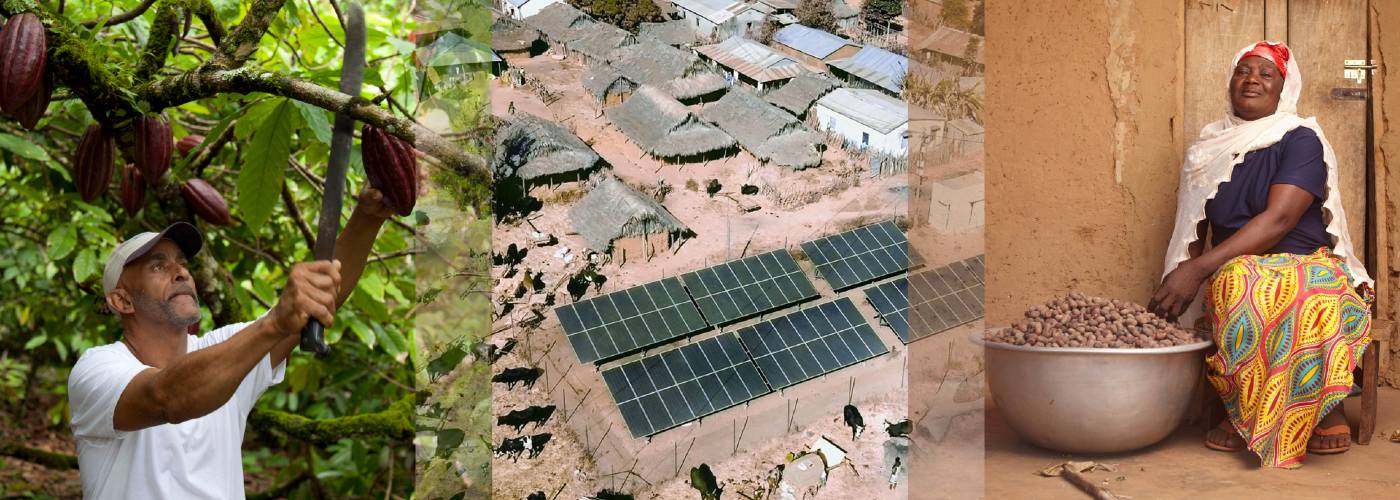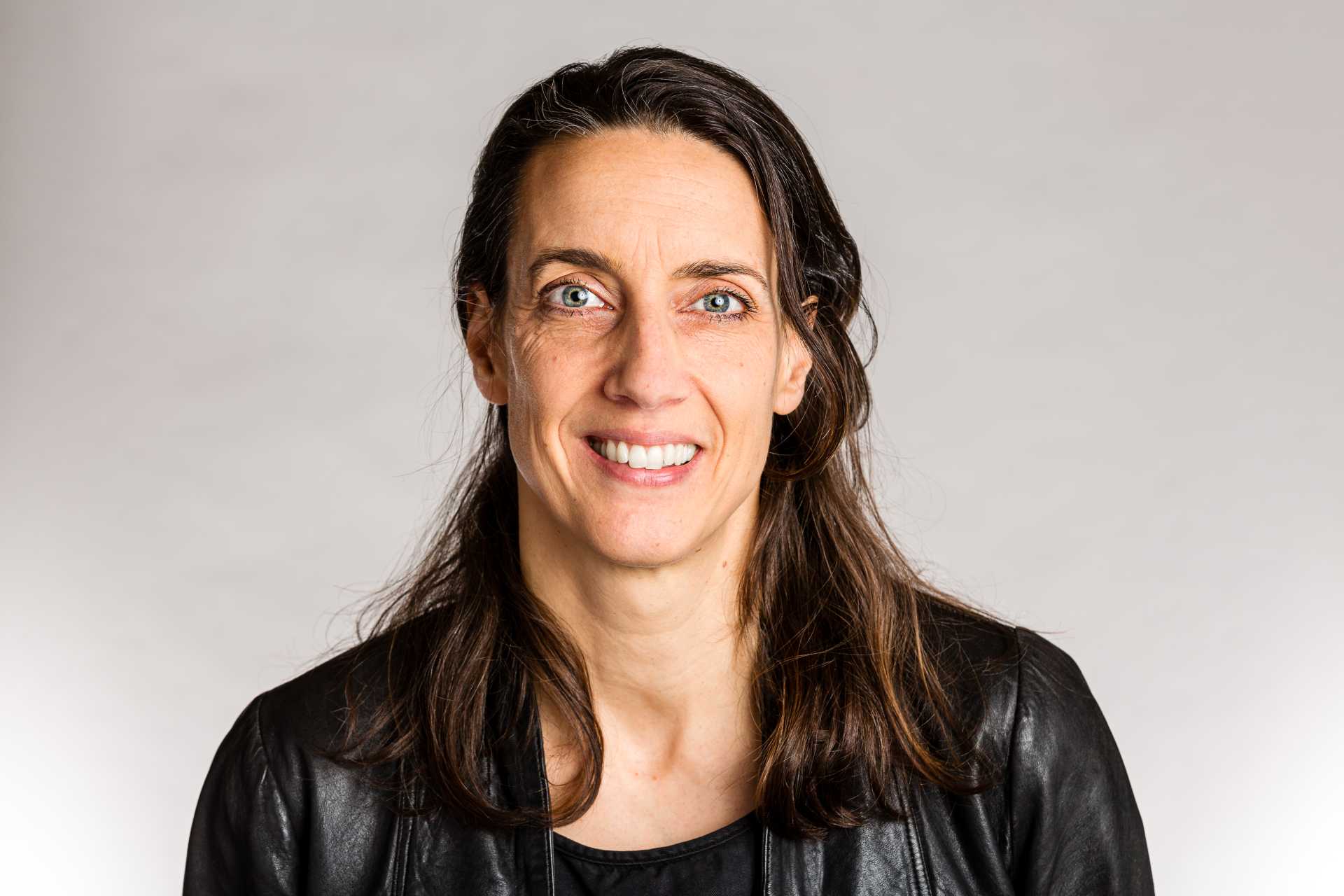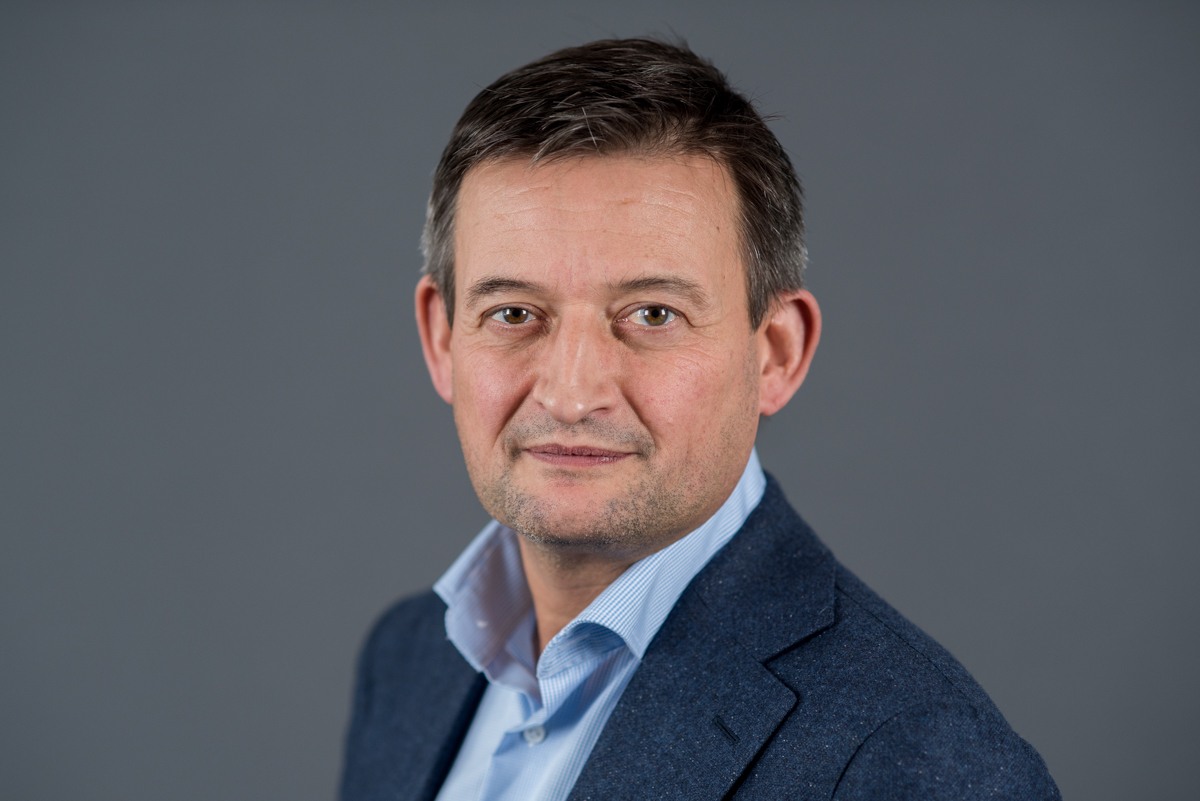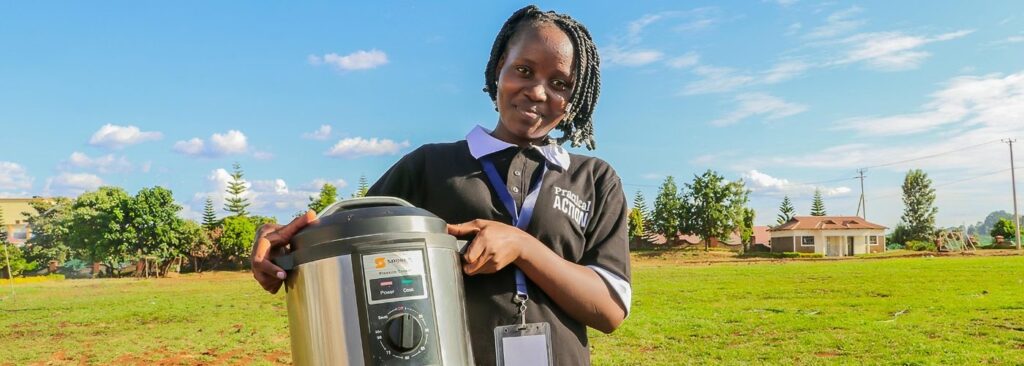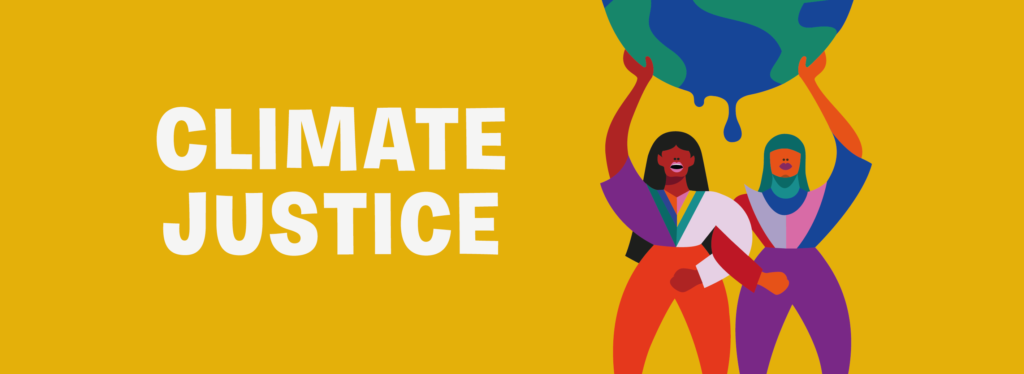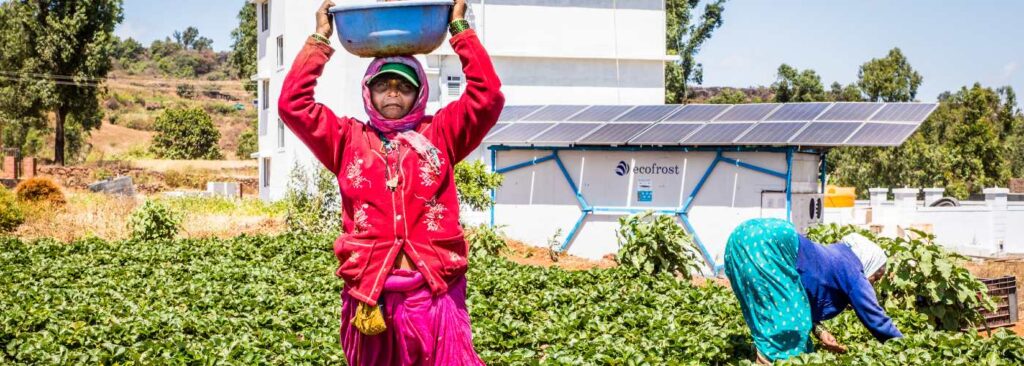Innovative public-private partnership for emerging markets
Can development cooperation be effective within an investment model? Absolutely! Triodos Investment Management and development organization Hivos demonstrate this through a public-private partnership advocating for sustainable change in emerging countries. “For 30 years, Hivos-Triodos Fonds has been financing companies that have a proven positive impact on the most vulnerable people and the local economy in these countries. Our efforts contribute to a livable world for everyone,” says manager Judith Santbergen.
Michel Farkas, CEO of Hivos, explains that the collaboration did raise some eyebrows when it began back in 1994. “In those days, development cooperation was a ‘giveaway model’: you gave money to people to help them. People had to get used to the idea of providing funding through loans that had to be repaid with interest.”
However, Hivos realized that such investments could generate large-scale local activities to bring about long-term change. Hivos was then able to support new projects and businesses with the returns. “To manage this model properly, you have to work with a bank, and one that has a similar mission to improve the world,” says Farkas.
Triodos Bank quickly entered the picture. “Working together felt like a logical step for Triodos Bank too,” agrees Santbergen, fund manager at Triodos Investment Management, which manages Hivos-Triodos Fonds. “The shared mission to advocate for a free, fair and sustainable world makes Hivos an excellent partner for us. In addition, as a financial party, we are well positioned to screen the companies and initiatives we finance for risk, return and impact. The last point is crucial: every investment must lead to real change. Both partners share that goal.”
From microfinance to corporate finance
Hivos-Triodos Fonds has invested a total of more than EUR 300 million since 1994, across 107 high-impact initiatives in 49 countries in Africa, Asia and Latin America.
During those 30 years, the public-private partnership has always been able to successfully innovate, say Santbergen and Farkas. One important change is that Hivos and Triodos Bank decided in close consultation to shift the focus from microfinance – through financing microfinance institutions – to small-scale innovative SMEs. This approach was implemented in 2015 and remains the current strategy of Hivos-Triodos Fonds. Farkas: “Corporate finance – through loans and equity capital – is different from providing small loans to individuals or micro-businesses. By working with slightly larger companies, you can further scale up your impact and make systemic changes. Individuals then also benefit from this by gaining employment opportunities or better access to financial services.”
Santbergen adds that the microfinance market has now matured. “When we started in 1994, Hivos-Triodos Fonds was one of the pioneers in microfinance. It was still a genuinely new market. Since then, the microfinance sector has expanded, and the availability of capital has significantly increased. Together with Hivos, we are constantly exploring ways to make an even bigger difference.”
Farkas nods in agreement. “For us, impact is more important than returns. We deliberately choose companies that are unable to obtain financing from traditional sources such as banks. Our focus is on these small and medium-sized companies. This also means that the Hivos-Triodos Fonds’ investments are in the range of EUR 500,000 to EUR 3 million.”
Climate, energy and food are key
Important themes for Hivos-Triodos Fonds are climate, energy and food. Santbergen: “We want to invest money in companies that contribute to the transition to sustainable agriculture and access to clean energy. Inclusivity is an important guiding principle. The need for capital in emerging countries is huge, as is the potential for impact.”
Organic macadamia nut supplier LIMBUA in Kenya is an excellent example. This business collaborates with thousands of smallholder farmers, producing avocados, mangoes and coffee in addition to nuts. The company employs over 800 people, half of whom are women. It processes the products locally as much as possible before they are exported. Santbergen: “LIMBUA is a frontrunner, a super green company with the Demeter Biodynamic Standard. Production is sustainable, respecting biodiversity.”
Within the climate and energy theme, Hivos-Triodos Fonds has a stake in Ecozen Solutions, a young company that has experienced significant growth in India. “The company makes solar-powered water pumps and refrigeration systems that help farmers reduce their dependence on rainfall and preserve their products for longer. The technology is so good that it is now also selling products to African companies,” says Santbergen.
Farkas adds, “These types of companies are the drivers of change. They have a huge impact on communities and provide employment and economic independence.”
Strong social impact
Santbergen wants to increase the focus on climate resilience among smallholder farmers. “We link this social impact to the innovation of energy companies that are coming up with ever smarter solutions.” Hivos-Triodos Fonds will place an even greater emphasis on improving the status of women.
Defending and promoting human rights is what Hivos is all about, and the organization does not shy away from taking an activist approach to this theme. This is difficult to incorporate into an investment portfolio, Farkas acknowledges. “But it’s succeeding. We’re committed to human rights and civil society. This is not only about political rights but also economic rights, such as the opportunity to create your own livelihood, earn an independent income and demonstrate entrepreneurship.”
Hivos and Triodos Investment Management want to keep growing
A public-private partnership mixes public and private capital allowing investors with different risk profiles to finance a project together. Projects that would otherwise not get off the ground – because private investors consider them too risky – can still be financed in this way.
Santbergen: “We have been able to achieve considerable success, both in terms of impact and return. For example, we supported Microfinance Bank Centenary in Uganda in the challenging early years. It is now one of the five largest banks in the country. We have since sold our stake and reinvested the proceeds.”
Farkas explains that the Hivos-Triodos Fonds collaboration not only achieves impact in emerging countries, but also provides a financial return that enables Hivos to invest more. In other words, improve the lives of even more people. This is particularly important in times when government subsidies are disappearing or being cut, Farkas argues. “This is development cooperation in a non-traditional guise, within a business model. As a financier, Hivos has recently committed to collaborating for 10 years rather than the typical five-year period. That shows our confidence.”
To further increase the impact, Hivos-Triodos Fonds aims to grow from EUR 67 million to EUR 100 million. Hivos and Triodos Investment Management are actively opening the door to new partners to scale up the investment model. Farkas: “More impact, with more parties. But these parties must share our mission of creating a fair world and a livable planet for all.”

